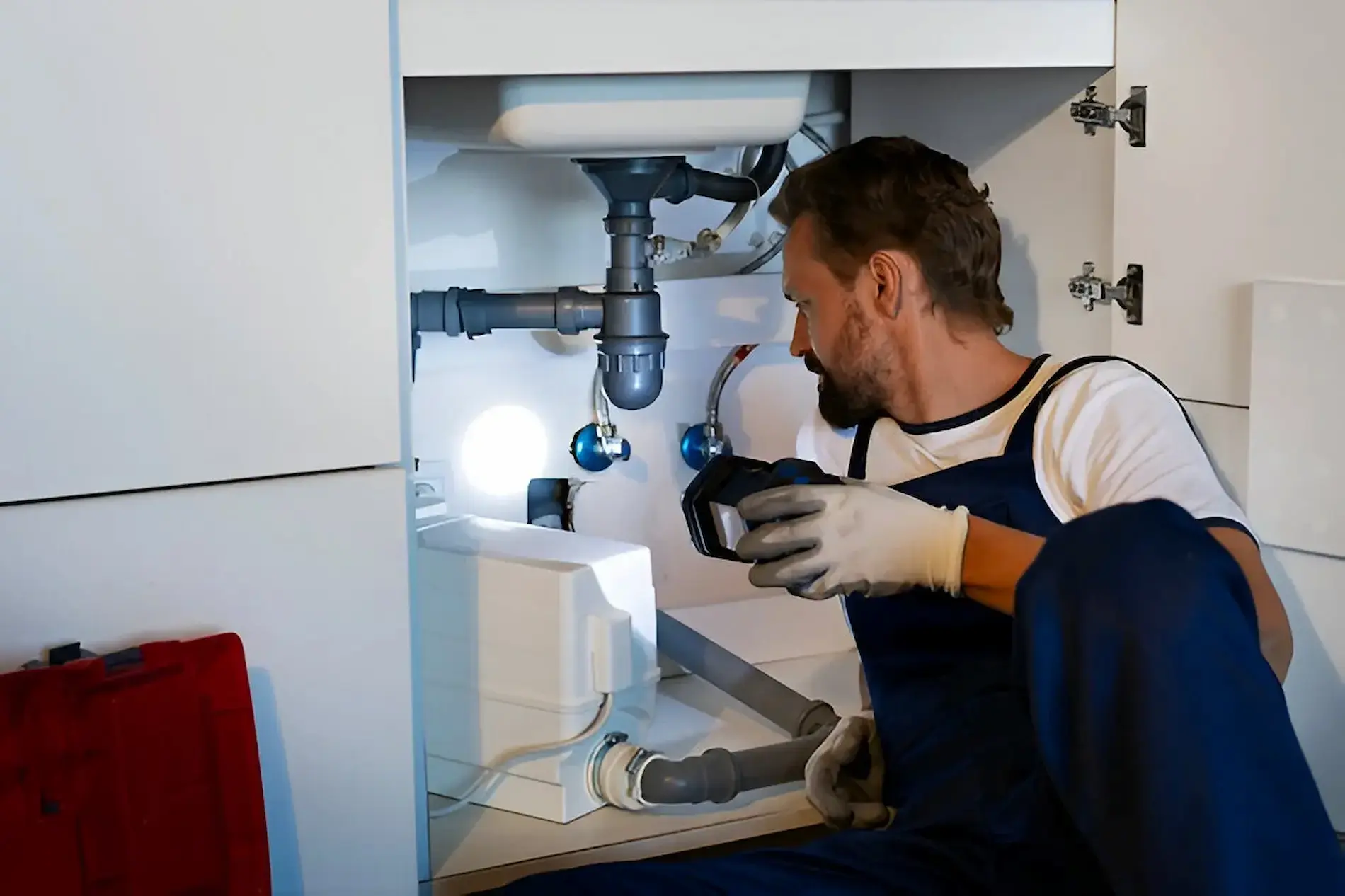4.8
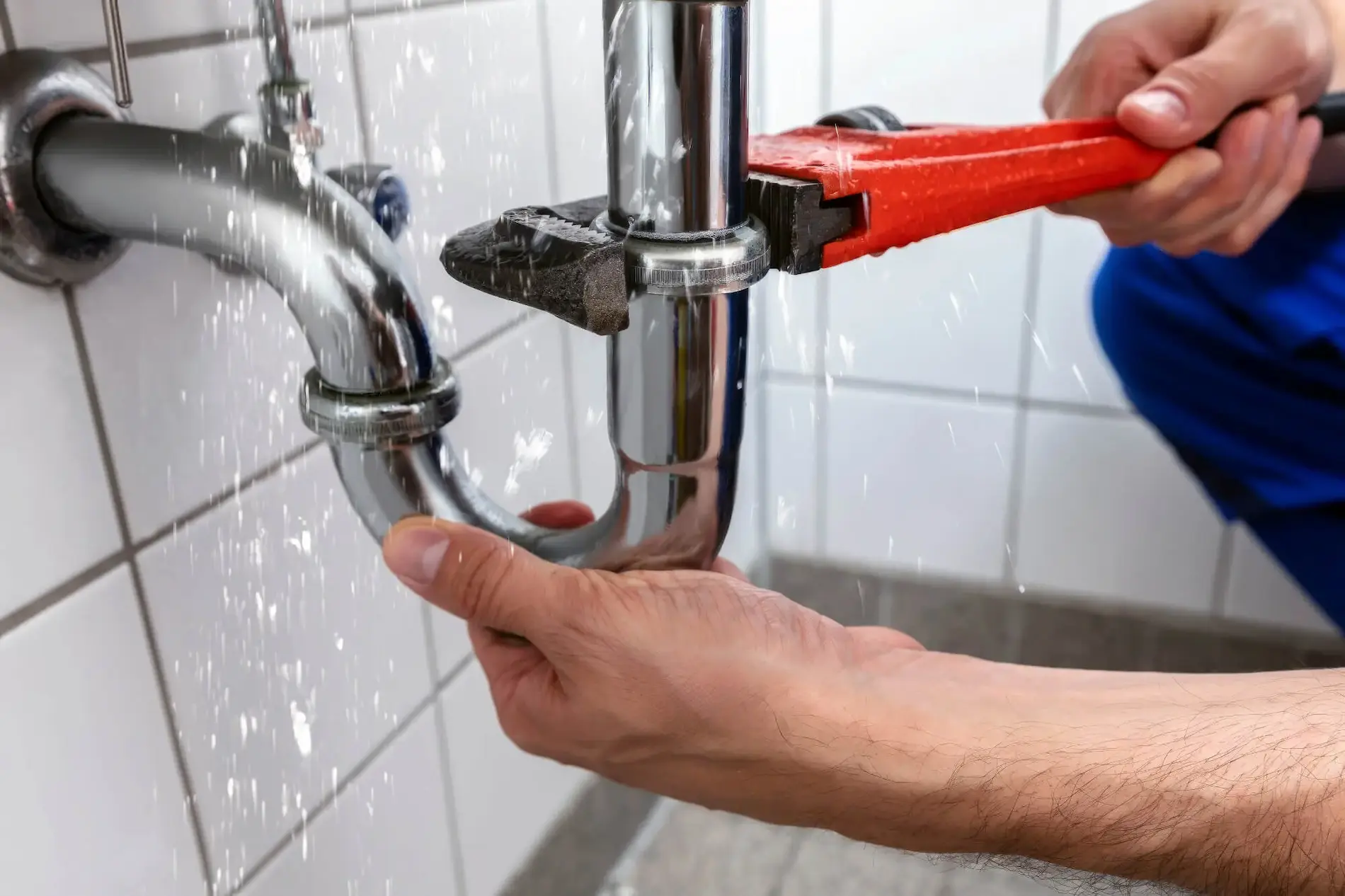
Plumbing Maintenance Checklist Des Moines | Lazer Home Services
Plumbing is one of those systems in your home that you don’t think about until something goes wrong. Every time you turn on the faucet, flush a toilet, or run the washing machine, your plumbing is quietly at work. But when leaks, clogs, or water heater issues appear, they can cause stress, unexpected costs, and even serious damage.
For Des Moines homeowners, plumbing maintenance is more than a recommendation it’s a necessity. Iowa’s freezing winters, rainy springs, and humid summers put extra pressure on pipes, drains, and water systems. Without regular checks, small issues can quickly turn into emergencies.
That’s why a plumbing maintenance checklist is so valuable. It helps you stay proactive, prevents costly repairs, and keeps your home running smoothly. In this guide, we’ll cover every step you should take, from faucets to water heaters, and show you when it’s time to call a professional plumber in Des Moines.
Why Plumbing Maintenance Is So Important
Home plumbing systems are complex. They include water supply lines, drains, appliances, and fixtures, all working together. If one part fails, it can impact the rest.
For example, a small faucet leak may seem harmless. But over time, it wastes gallons of water, raises your utility bill, and can damage cabinets or flooring. A slow drain may just feel inconvenient, but it could be a sign of a growing clog deep in your sewer line.
In Des Moines, where temperatures drop below freezing in winter, frozen pipes are another major risk. When pipes freeze, they often burst, releasing hundreds of gallons of water into your home within minutes. Regular maintenance helps catch problems early and protects your home from expensive disasters.
Seasonal Plumbing Maintenance for Iowa Homes
Because of the Midwest climate, plumbing maintenance in Des Moines should be adjusted with the seasons.
Winter: Cold temperatures put pipes at risk of freezing and bursting. Insulating exposed pipes, disconnecting garden hoses, and shutting off outdoor faucets are must-do tasks before the first freeze.
Spring: As the snow melts and rain increases, sump pumps should be tested to prevent basement flooding. Spring is also a good time to check outdoor faucets and sprinkler systems for damage caused by winter freezes.
Summer: Heavy water use during summer months means more strain on hoses, outdoor faucets, and irrigation systems. It’s a good time to inspect your water heater and check for leaks.
Fall: Before cold weather sets in, schedule an annual plumbing inspection. This is also the season to clear gutters and drains, making sure your system is ready for freezing temperatures.
By aligning plumbing maintenance with the seasons, you prevent the most common issues homeowners face in Des Moines.
The Ultimate Plumbing Maintenance Checklist
A plumbing maintenance checklist makes it easier to keep your home’s system in good shape. Here’s what every Des Moines homeowner should regularly inspect.
1. Faucets and Fixtures
Turn on each faucet in your home and watch for drips or leaks. Even a small drip wastes water and indicates a worn washer or valve. Don’t forget to check bathroom sinks, kitchen faucets, bathtubs, and showers. Outdoor faucets should also be tested, especially after winter, when freezing can crack the fixture.
2. Toilets
Toilets are one of the most common sources of water waste in a home. Listen for toilets that keep running long after flushing, which usually means the flapper needs replacement. Check around the base of the toilet for moisture, which could signal a seal problem. A loose or wobbly toilet should be fixed immediately to prevent leaks onto the floor.
3. Drains
Slow drains in sinks, tubs, or showers may mean buildup in the pipes. Use strainers to catch hair and debris, and avoid chemical drain cleaners that can damage pipes. If multiple drains in your home are slow, this could be a sign of a larger sewer line problem.
4. Pipes
Inspect visible pipes under sinks, in basements, or in crawl spaces. Look for condensation, rust, or moisture around fittings. Any discoloration on walls or ceilings near pipes can also indicate a hidden leak.
5. Hoses and Appliances
Check hoses connected to your washing machine, dishwasher, and refrigerator. Old rubber hoses are a common cause of sudden leaks. Replacing them with braided stainless-steel hoses provides more durability.
6. Water Heater
Your water heater is one of the hardest-working appliances in your home. Drain a few gallons from the tank once a year to flush out sediment that reduces efficiency. Check for signs of rust or leaks at the base. If your water heater is over 10 years old and showing problems, it may be time for replacement.
7. Sump Pump
If your home has a basement, your sump pump is critical. Test it by pouring a bucket of water into the pit and confirming the pump turns on. A sump pump that fails during heavy rain can result in serious flooding.
8. Outdoor Plumbing
Inspect outdoor faucets, irrigation systems, and garden spigots. Look for leaks or drips that waste water and can damage landscaping. Make sure outdoor plumbing is drained and winterized before freezing weather.
DIY Maintenance vs Professional Inspections
Many items on the checklist can be handled by homeowners. Fixing a dripping faucet, replacing a washer, or testing a sump pump are simple tasks. But some plumbing problems require professional expertise.
Hidden leaks inside walls, sewer line blockages, and water heater failures are best left to licensed plumbers. Professional inspections often include leak detection technology, water pressure testing, and sewer camera inspections—services that go beyond what the average homeowner can do.
Hiring a plumber for an annual inspection gives you peace of mind and helps prevent emergencies.
How Often Should Plumbing Maintenance Be Done?
Basic checks like watching for drips, testing toilets, and inspecting hoses should be done monthly. Seasonal tasks, like outdoor faucet shutoff and sump pump testing, should be done at least twice a year.
For most Des Moines homeowners, an annual professional inspection is enough to keep the system running well. If you live in an older home, or if you’ve had repeated plumbing issues, a semi-annual inspection may be a smarter investment.
The Cost of Ignoring Plumbing Maintenance
Skipping plumbing maintenance often leads to bigger bills later. For example:
- A running toilet can waste up to 200 gallons of water per day, adding hundreds of dollars per year to your water bill.
- A burst pipe can cause thousands of dollars in water damage to floors, walls, and furniture.
- Neglected water heaters lose efficiency and break down earlier, leading to costly replacements.
Spending a little time and money on preventative care always costs less than emergency repairs.
Why Choose Lazer Home Services in Des Moines
At Lazer Home Services, we don’t just repair plumbing we help you prevent problems before they happen. Our team of licensed plumbers offers thorough maintenance inspections, water heater services, leak detection, and emergency plumbing when you need it most.
We understand the unique challenges Des Moines homeowners face, from frozen pipes in winter to flooded basements in spring. With decades of combined experience, our team provides trusted solutions and dependable service.
When you follow a maintenance checklist and partner with a professional, you protect your home and save money in the long run.
Conclusion
Your plumbing system is one of the most important parts of your home, and keeping it in top condition doesn’t have to be overwhelming. By following a plumbing maintenance checklist and scheduling regular professional inspections, you can avoid costly repairs and enjoy peace of mind.
For Des Moines homeowners, seasonal changes and aging homes make maintenance even more important. Don’t wait for a leak or clog to disrupt your life—take proactive steps today.
When you need expert help, Lazer Home Services is here to provide reliable plumbing care tailored to your home’s needs.
FAQs
Q: How often should I flush my water heater?
Most water heaters should be flushed once a year to remove sediment and maintain efficiency.
Q: Can I check for leaks on my own?
Yes, by inspecting pipes, faucets, and fixtures regularly. However, hidden leaks often require professional detection tools.
Q: What’s included in a professional plumbing inspection?
A plumber typically checks water pressure, inspects drains and sewer lines, tests sump pumps, and looks for hidden leaks.
Q: How do I prevent frozen pipes in winter?
Insulate exposed pipes, disconnect hoses, and shut off outdoor faucets before freezing temperatures arrive.
Q: When should I replace my water heater?
Most units last 8–12 years. If yours is leaking, rusted, or not producing enough hot water, replacement may be necessary.
Recent News
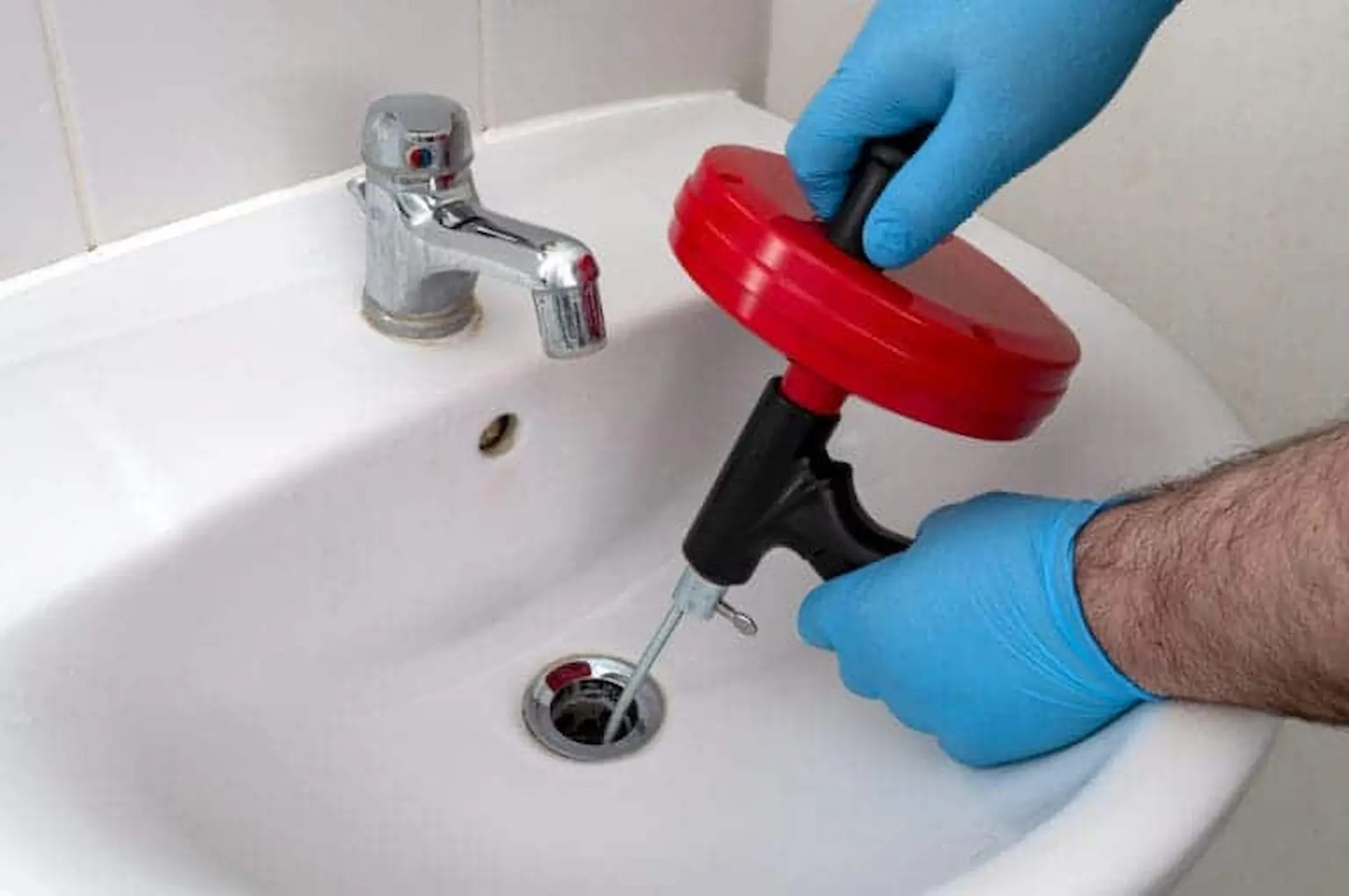
Residential Drain Cleaning in Des Moines | Lazer Home Services
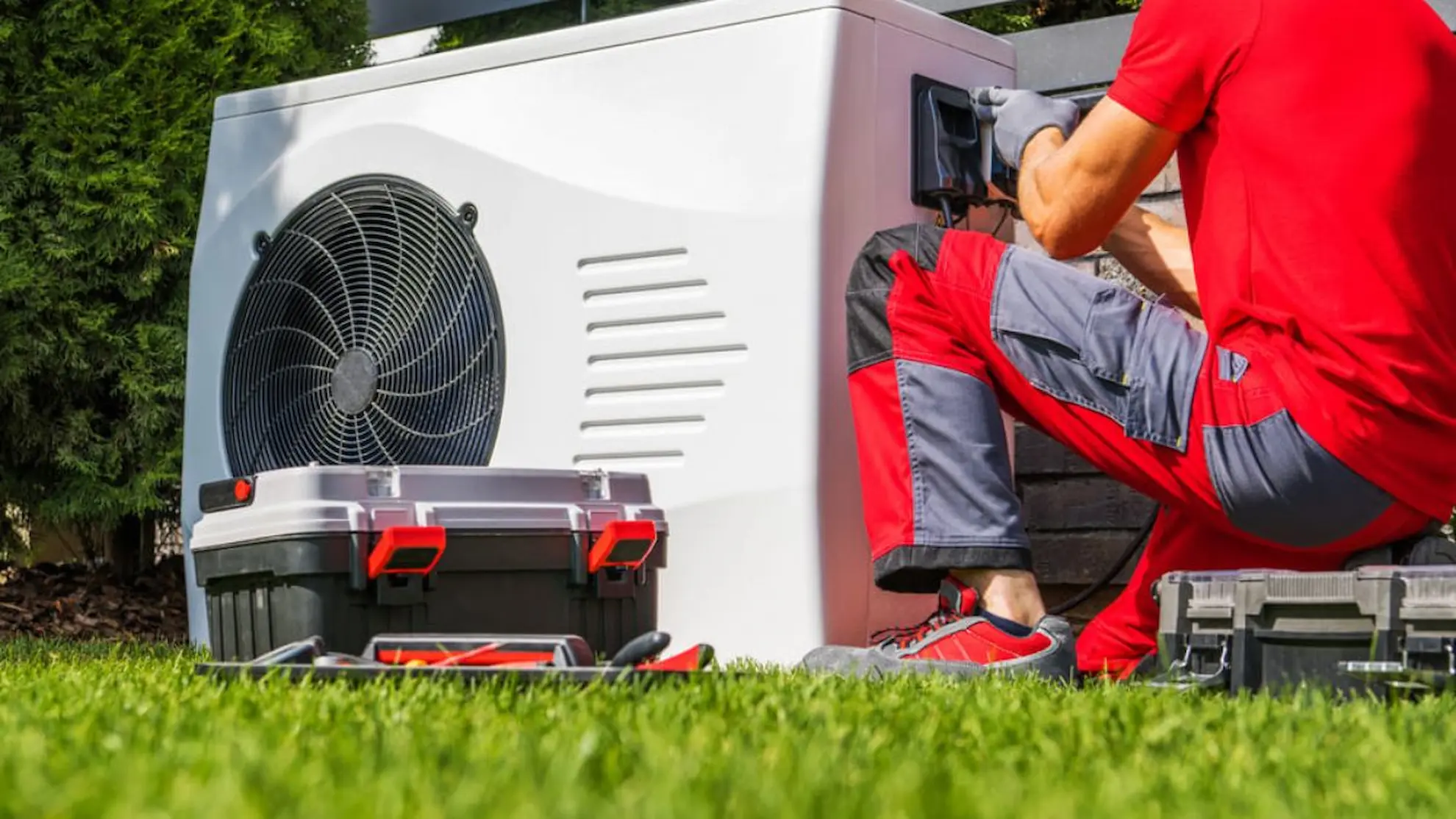
Heat Pump Repair and Installation Solutions in Des Moines.

How to Detect Hidden Pipe Leaks | Lazer Home Services
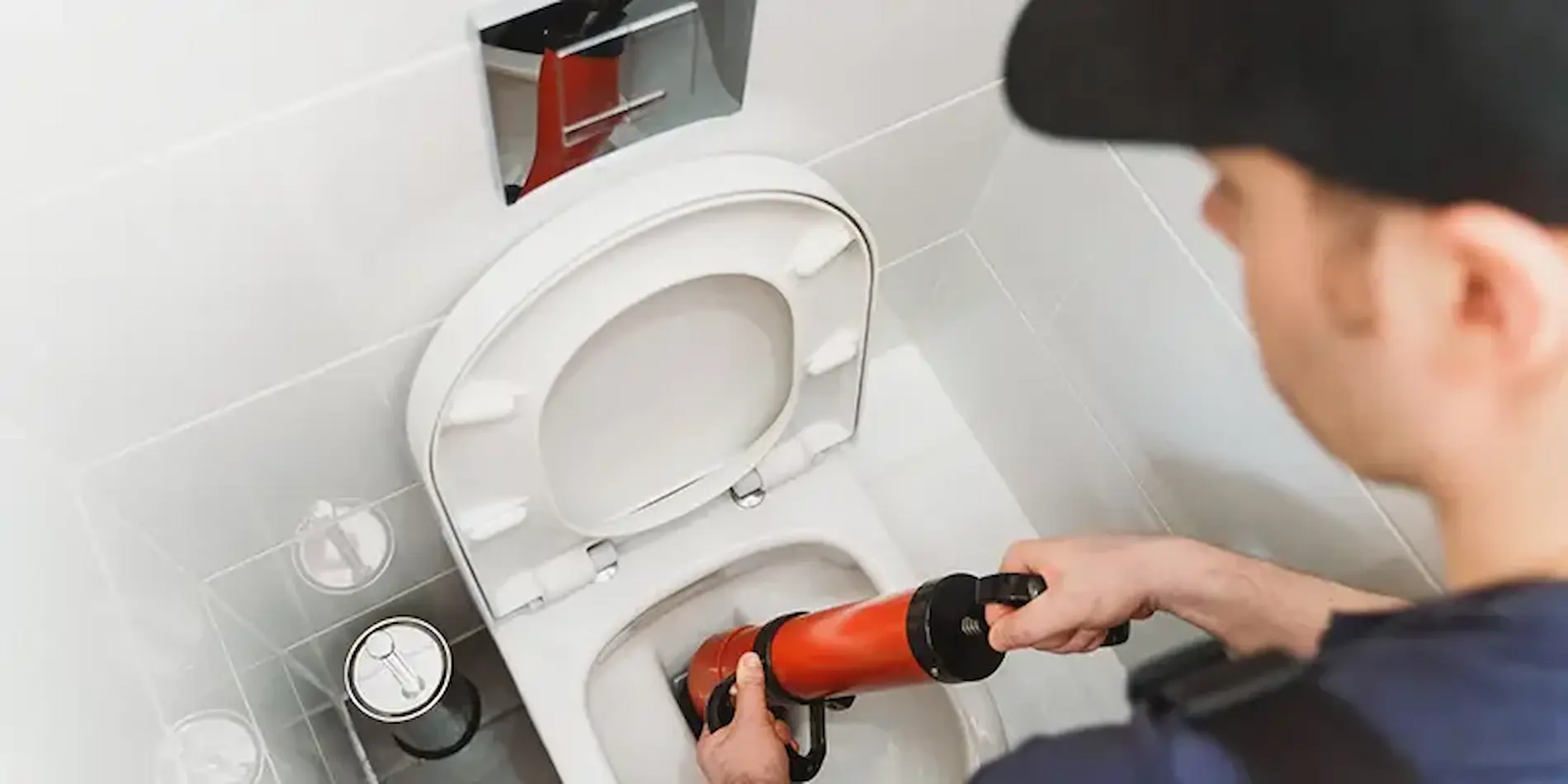
5 Early Warning Signs Your Home Plumbing Needs Urgent Attention
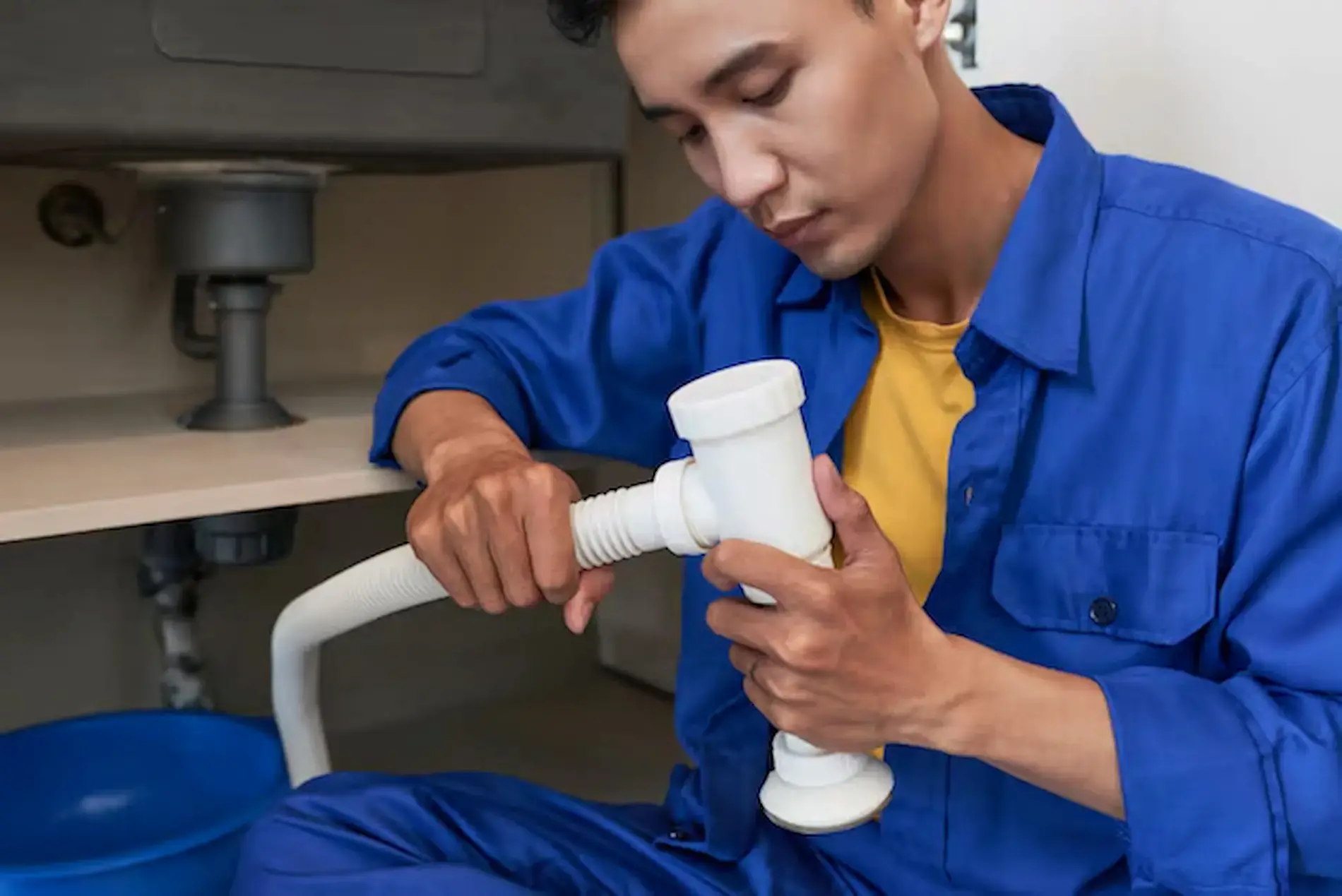
Leak Detection and Repair in Des Moines | Lazer Home Services
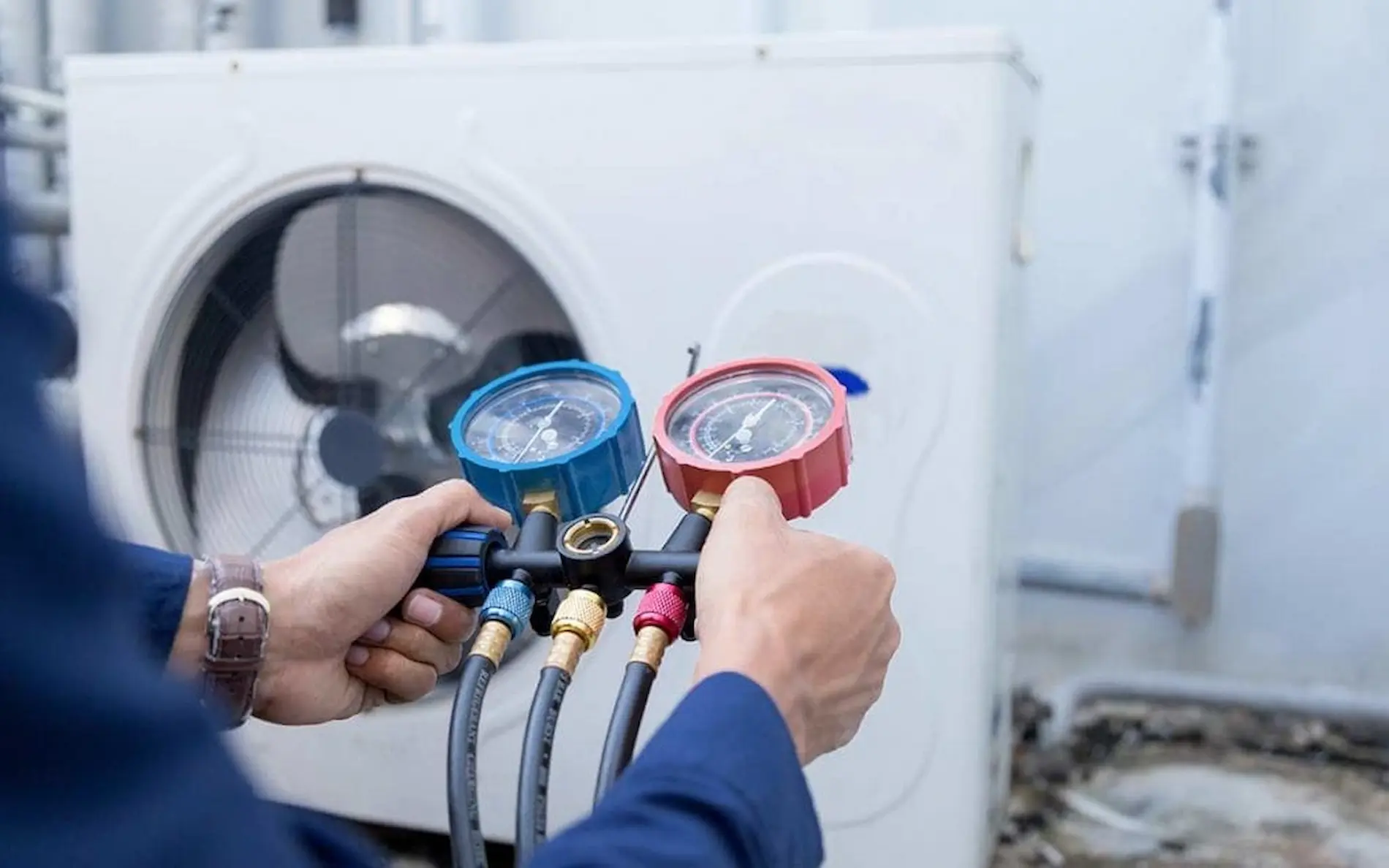
What is Routine Maintenance for AC in Des Moines, IA | Lazer Home Services
